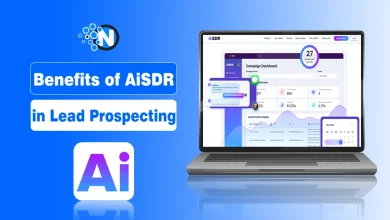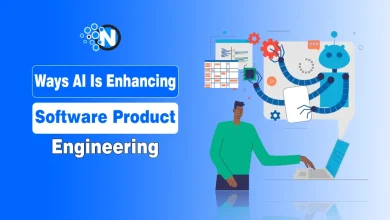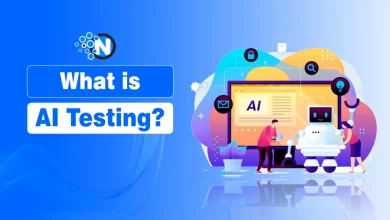The Role of AI Automation in Healthcare
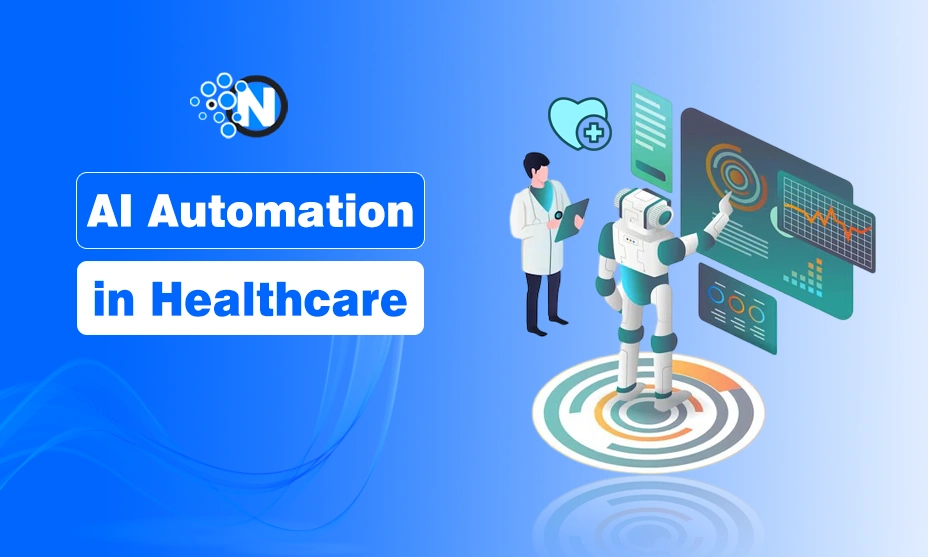
Artificial intelligence was a buzzword a couple of years ago. Today, it’s a practical tool facilitating different industries, especially healthcare. From hospitals to small clinics, AI is changing how care is delivered, how data is managed, and how doctors make decisions.
AI is no longer science fiction. It is a powerful solution with advanced algorithms and systems working quietly behind the scenes. AI-powered tools are widely used in the healthcare sector for several purposes.
So, what exactly is AI automation doing in healthcare? More than you might think. Let’s explore them in this blog post!
What is AI Automation?
AI automation refers to machines or software systems that can perform tasks usually handled by humans. These systems don’t just follow programmed rules. They also learn, adapt, and improve over time.
In healthcare, this means AI can help process information, streamline administrative work, support diagnostics, and even predict patient outcomes. All without needing constant human supervision. For example, a medical Chat GPT solution helps summarize a patient’s visit or checks for errors in documentation.
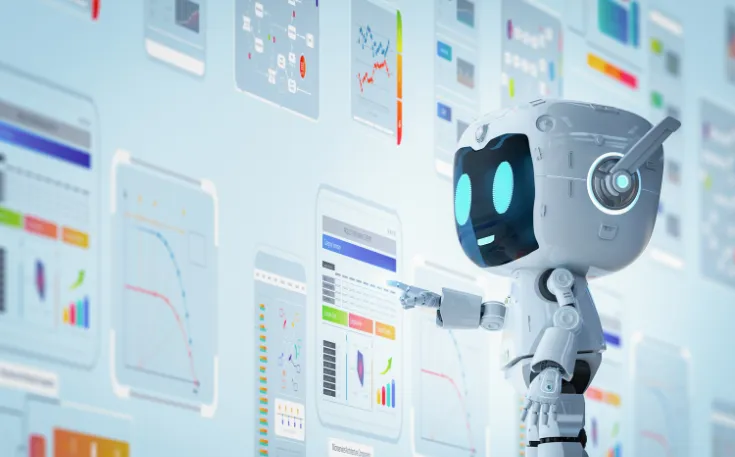
The Role of AI Automation in Healthcare
Streamlining Administrative Work
Let’s face it, the healthcare sector generates a lot of paperwork. Doctors, nurses, and office staff spend hours each day on forms, records, billing, and scheduling. AI automation reduces this load significantly.
For example, AI tools can automatically extract information from medical documents and update patient records. Virtual assistants can handle appointment reminders, insurance claims, and prior authorizations. This means less time on tedious tasks and more time for patient care.
Supporting Doctors and Nurses
Doctors are still the ones making the big decisions. But AI can help them get there faster and with more confidence. The speed and capacity of AI systems enable them to evaluate enormous medical information blocks within just seconds. Healthcare environments use AI systems to analyze patient outcomes from tests combined with scans and genetic data alongside records of past treatment methods.
AI technology enables physicians to discover healthcare patterns that they might overlook. The application of AI enables radiology professionals to detect medical indicators in X-rays, CT scans, and MRIs. Certain diagnostic tools demonstrate equivalent performance when identifying early indications of cancer alongside neurological conditions.
Nurses can access real-time patient monitoring through AI-driven devices. When a patient shows condition modifications, the system sends an alert message, allowing staff members to respond rapidly to potential health issues before such symptoms appear in patients.
Enhancing Diagnostics
Misdiagnosis is a serious issue. But with AI automation, diagnostic accuracy improves. AI tools can cross-reference patient symptoms with millions of other cases. They can also factor in rare conditions and outliers. In some studies, AI-assisted diagnostics have shown higher accuracy rates than human physicians alone.
AI doesn’t replace doctors. It enhances their decision-making. It acts as a second set of eyes—sharp, fast, and data-driven.
Improving Patient Experience
Patients notice when things go smoothly. AI plays a big role here. Chatbots can answer questions 24/7. Virtual assistants can check symptoms, schedule appointments, and offer medication reminders. Personalized apps guide patients through treatment plans or post-surgery care. A skilled healthcare app development company can build these intelligent tools to enhance user engagement and streamline medical services.
Some systems even track mental health. If a patient shows signs of depression or anxiety, the AI can suggest the next steps or notify care providers. AI makes care more accessible and responsive.
Predicting Outcomes and Preventing Problems
Another big win for AI automation is prediction. AI can assess their risk of developing certain conditions by analyzing a patient’s medical history, lifestyle, genetics, and even social factors. For example, an AI system might predict the chance of a diabetic patient developing foot ulcers or suggest preventive care to reduce heart disease risk.
Hospitals use AI to forecast patient readmissions or spot patients who might deteriorate soon after discharge. This allows providers to intervene early and potentially save lives.
Helping with Drug Discovery and Research
AI is also working in labs and research centers. Developing new drugs takes years. It’s expensive and complex. AI helps researchers model how different molecules interact. It also helps identify promising compounds much faster than traditional methods.
During the COVID-19 pandemic, AI tools helped speed up vaccine development. They analyzed massive data sets to track virus mutations and predict how the virus might evolve. AI doesn’t just support existing medicine—it’s helping create the future of medicine.
Keeping Healthcare Secure and Compliant
With more automation comes more data. And more responsibility. AI plays a role in keeping healthcare data secure. Smart systems monitor for data breaches, unusual logins, or suspicious access. Some tools even detect phishing emails targeting medical staff.
When it comes to compliance, especially HIPAA or international privacy laws, AI can track and flag violations. It ensures that automation stays within the rules and that patient privacy remains protected.
Reducing Burnout Among Healthcare Workers
Burnout is real. Doctors and nurses face long hours, emotional stress, and endless tasks. AI automation takes some of the pressure off. By handling repetitive chores and streamlining documentation, it gives clinicians more time for what matters—care, connection, and professional satisfaction.
In surveys, many healthcare professionals report that AI tools have improved their work-life balance. They’re not replacing the human side of medicine. They’re giving it room to breathe.
Challenges and Ethical Questions
Of course, AI isn’t perfect. Bias in training data can lead to errors. Systems must be monitored closely. And patients need to know when they’re interacting with a machine.
There are also big questions about accountability. If an AI tool makes a mistake, who is responsible? How do we ensure transparency? What happens if a system fails? These aren’t reasons to avoid AI. They’re reasons to approach it with care, oversight, and clear standards.
The Human Touch Still Matters
AI can do a lot, but it can’t replace empathy. It can’t hold a hand, understand fear, or build trust. Healthcare is still a human profession. Machines help, but people heal. The real power of AI is in what it enables humans to do better: faster diagnostics, smoother workflows, and smarter decisions all while keeping the patient at the center.
As AI continues to evolve, so will its impact on healthcare. We’re seeing just the beginning. AI is becoming a trusted partner in care delivery. And the more we learn, the better we’ll get at using it wisely.
Final Thoughts
Healthcare-based AI implementation extends beyond machine-controlled functions. The application of AI serves multiple functions to enhance patient life quality by decreasing care-related pressure and strengthening medical staff and delivering enhanced and individualized precise healthcare. AI functions as an aid system that does not take the place of medical practitioners.
The digital assistant provided through artificial intelligence operates continuously and never forgets anything important. The correct combination of technological progress and regulatory control makes AI automation stand as healthcare’s most capable tool ever built.

